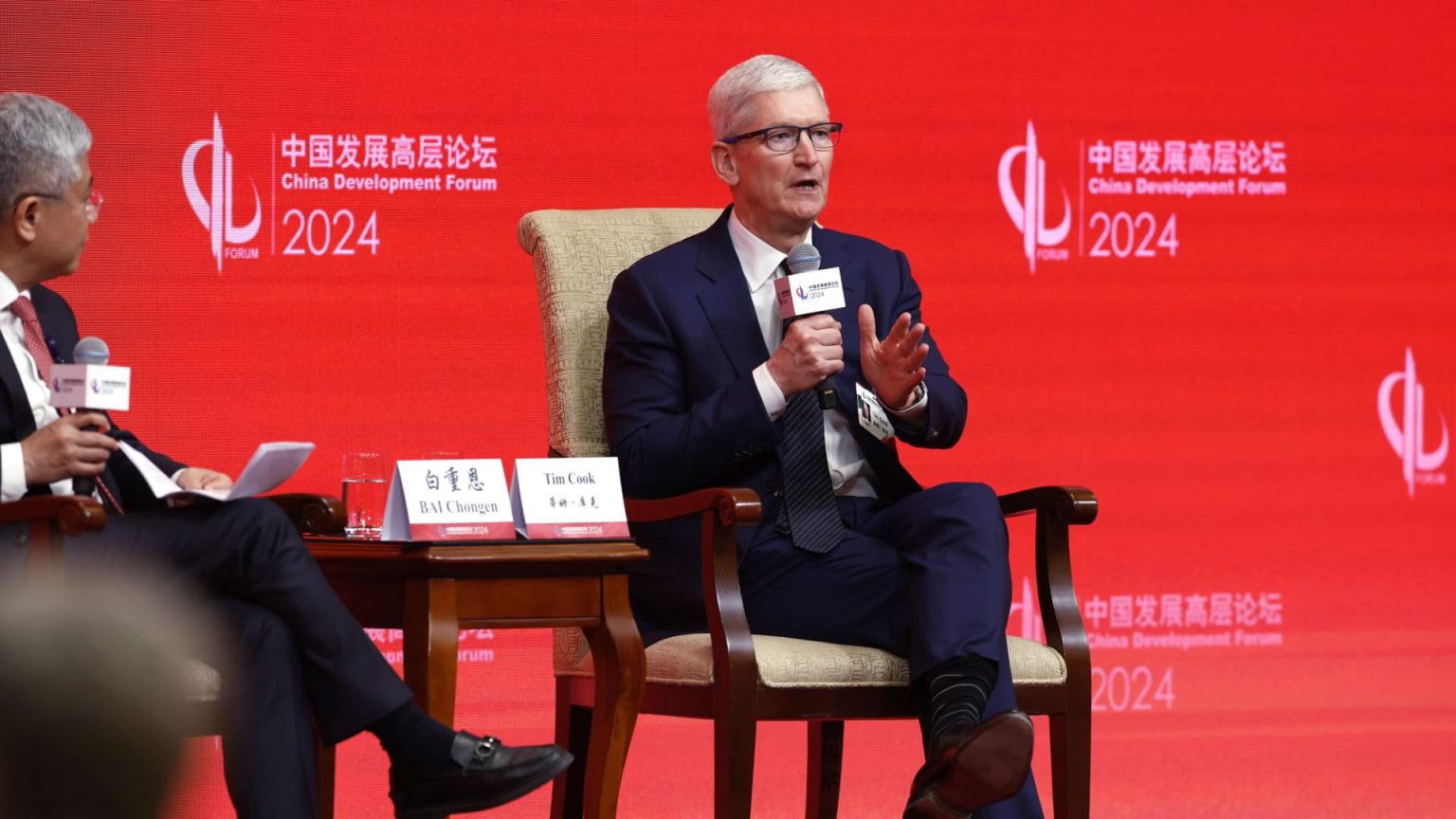U.S. business leaders met with Chinese President Xi Jinping in an effort to bolster foreign investment in China amidst tensions with the U.S. Attendees included prominent figures such as Stephen Schwarzman and Cristiano Amon. The annual China Development Forum (CDF) took place in Beijing this week, attracting major international companies. The forum coincided with other initiatives to attract foreign business, including the release of new rules easing data export requirements. However, challenges such as geopolitical tensions and regulatory uncertainty continue to impact foreign businesses in China.
Former U.S. Secretary of Commerce Carlos Gutierrez expressed concern about the confusion resulting from differing ideologies between the U.S. and China. He highlighted the challenges faced by businesses caught in the middle of these tensions. Despite the current moment of uncertainty, Gutierrez believes that globalization will prevail over nationalism in the long run. President Joe Biden’s administration has implemented incentives to boost industrial development in the U.S. and restrict advanced semiconductor technology exports to China. Foreign businesses are seeking clarity as they navigate the Chinese market.
To help foreign businesses navigate the complexities of the Chinese market, there have been suggestions for the creation of a “Chief China Officer” position. This executive would be based at a company’s global headquarters to bridge the gap between the headquarters and the leadership team in China. Uncertainty about China’s near-term growth outlook is also weighing on foreign businesses considering investment plans. The Chinese government aims for around 5% growth, despite challenges such as real estate sector drag and stimulus levels. Foreign companies are facing similar confidence issues as domestic businesses in China.
Foreign direct investment in China fell to a three-year low in 2023, prompting the Chinese government to double down on efforts to attract foreign capital. The Ministry of Commerce and Beijing city held an “Invest in China Summit,” emphasizing China’s opportunities for investment. Middle Eastern investors have shown interest in the Chinese market, with Saudi energy giant Aramco highlighting the potential for collaboration. Japanese companies are also exploring investment opportunities in robotics, factory automation, and the automotive industry in China. These investments are aimed at serving the Chinese market and eventually exporting to Southeast Asia.
The China Development Forum this year focused on existing policies and shared little insight into new challenges or reforms. According to analyst Stephen S. Roach, the forum served as a placeholder for the upcoming Party Third Plenum, which could offer a hint of new reforms or policy strategies. The Third Plenum is anticipated to take place soon and typically addresses longer-term economic aspects in China. Despite regulatory uncertainty and tensions, foreign businesses remain interested in China’s market due to its size, industrial supply chain, and recent efforts to address issues such as data exports and market treatment for foreign companies. Japanese and Middle Eastern investors see opportunities for collaboration and investment in China’s growing industries.


